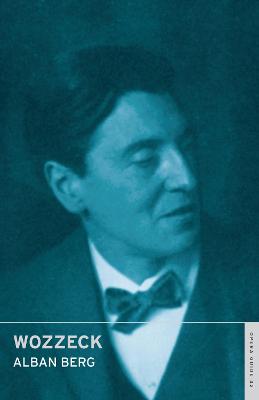English National Opera Guide
1 primary work
Book 42
In 1972 Elias Canetti said that 'with Wozzeck Buchner achieved the most complete revolution in the whole of literature'. The same can be said of Berg's opera, as revolutionary in the history of music - and opera in particular - in the twentieth century. Mark DeVoto and Theo Hirsrunner discuss why this complex score perfectly suits the chaotic nature of the play. In his famous essay about the opera (written in 1968, but given here for the first time in English) Theodor Adorno shows how what seems fragmentary in the text is actually complete, and how the music responds to the words; Kenneth Segar offers a new interpretation of the play in the light of the most recent Buchner research. Also for the first time, the complete edition of the play as Berg knew it is set out with a translation so that readers can see not only what he kept for his libretto, but also what he omitted. This unique source material is complemented by a series of critical reactions to the first London production in 1952 illustrating the controversy which has surrounded the opera since its 1925 Berlin premiere, and the extent to which our aesthetics have changed since then.
